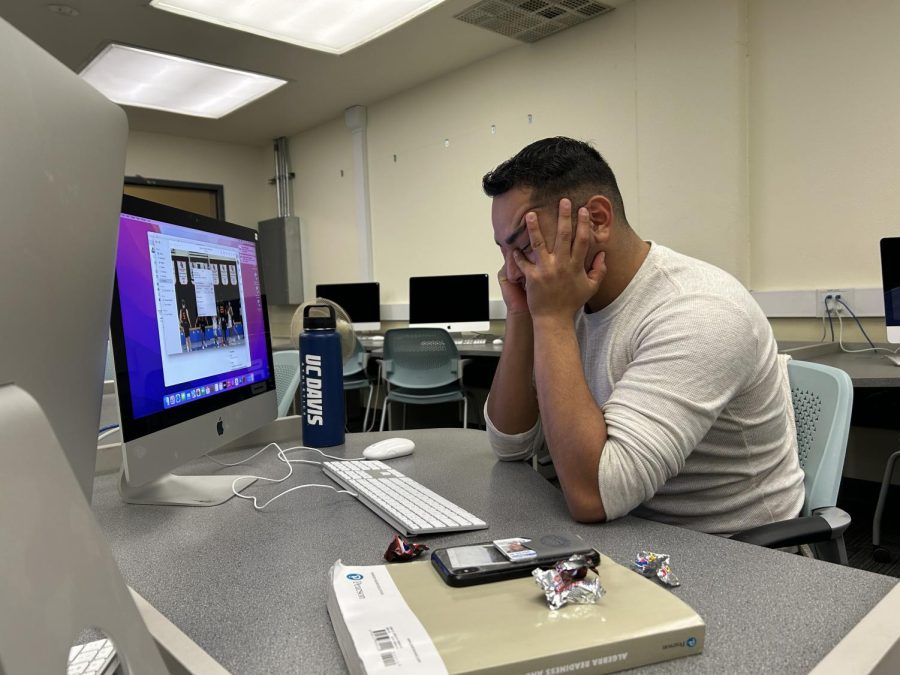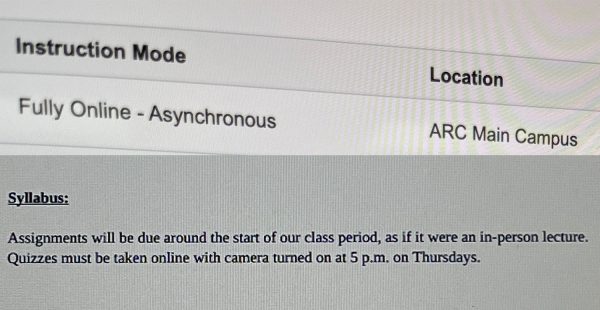Mental quietude can give us the answers we seek
It’s okay not to know, then we can find the answers
Unchecked thinking can lead to mental and emotional overload. (Photo Illustration by Gina Gangursky)
Knowledge is, and always has been, the coin of the realm. We send children to school with the hope that, with care and attention, we will see them graduate. We lean on experts to help us solve society’s most pressing problems. Our era is even known as “The Age of Information.” Naturally, we prize thinking as one of the highest forms of human expression, but with information literally at our fingertips, is it possible that we think too much?
I’m not suggesting we shelve all academic pursuits and go the way of single-celled organisms, but the thinking we do just might be over-rated at best, harmful, and even dangerous, at worst.
Twelve men have walked on the moon at this point, and some day, we might even live in space. We have explored a fraction of the universe with the James Webb telescope, a technology that is only in its infancy, and according to the website for Hypervsn, a 3D holographic company, it has created “cutting-edge technology that allows users to create visuals which resemble holograms floating in mid-air.” Clearly, we couldn’t have done any of this without high-level thinking.
But back on earth, we have big problems. Children are being gunned down in the streets and slaughtered in classrooms, hurricanes are destroying large swaths of coastal regions and dictators still think that war is The Answer. PhDs haven’t been able to stop the violence or solve climate change, though many are trying.
In fact, highly educated people have created weapons that can destroy the earth many times over and have engineered structures that have systematically killed millions. No amount of reactive thinking has gotten us out of the quagmire that is current human existence. The madness can only stop if we work on problems with quieted minds; from a place of stillness, of, dare I say, wisdom.
Albert Einstein is rightly credited with revolutionary advancements in physics, but along with his theory of relativity, he realized the power of wisdom, which can only come from a quiet mind.
Among some of Einstein’s quotes are the following: “The true sign of intelligence is not knowledge, but imagination.” And “Any fool can know, the point is to understand.” Lastly, “Peace cannot be kept by force, it can only be achieved by understanding.”
When we understand something or someone, when we connect from a deep place of being, not in a superficial way, then wisdom can arise. With wisdom comes compassion. Then, we can achieve truly great things like getting along with our parents, our friends and the people with whom we may strongly disagree. That’s revolutionary.
To stop thinking is not an easy task, or, perhaps, it is so easy that we over-think it, but we need to learn to quiet our minds because the stakes are high. Sages, past and present, remind us that creative problem solving can only come from this state of thoughtless awareness.
Eckhart Tolle, in his bestseller, “The Power of Now,” writes, “Whenever an answer, a solution or a creative idea is needed, stop thinking for a moment…become aware of the stillness.”
But we are lost in a brute force algorithm, with thoughts becoming more complex and vying for our attention at every moment. We fail to see and hear each other. We have an answer before we hear the whole question. We conceptualize and “brand” ourselves, and we brand those we meet. We do this with our thoughts and society encourages it.
The voice in our heads harms us when it says that we aren’t skilled, smart, attractive or rich enough. Our negative thoughts tear us down. But we can use our minds in a focused way to improve ourselves and our circumstances, and we should. This is effective thinking. With focused thinking, we can set goals and achieve them. It’s the useless ones that keep us up at night that we could do without.
We worry about the future: Will I pass the test? What if he doesn’t like me? What if he does, what then? What about the state of the nation, the world?
We ruminate on the past, which we think will make our present better. Yes, we can and should learn from the past, which requires reflection and, sometimes, analysis, but we can only truly make the present moment better by, well, being present.
People around the world meditate, but we don’t have to assume the lotus position to quiet our minds. We can step back, take a deep breath and clear our heads from the mental noise at any time we choose. Once we are aware of our thoughts, we have the power to quiet them. We can finally chill-out.
Inspiration, creativity, joy, love and compassion for ourselves and others–these all originate from a place deep within us; a place where we are aware and awake but not thinking. From this place of mental quietude, we can then use our minds effectively, even brilliantly. Once we are quiet, we can focus on the issues at hand. I believe it is from this place, and only this place, that we can move from a world of insanity to a world of lasting peace.















